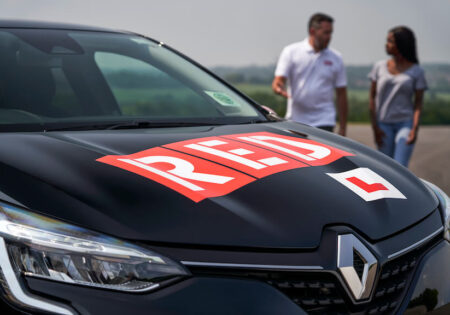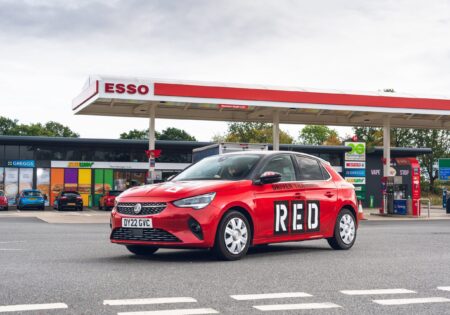


From the 8th April, and affecting the car test only, the notice period for a test cancellation without losing the…

We are delighted to announce a brand new partnership with TyreSafe. This collaboration can only help improve road safety, particularly…

More people now pass their GCSE Maths exam2 (61%) than their driver theory test (45%) 3.In 2023, 1.3 million people…

Our RED Driving Instructor of the Year campaign for 2023 ran from February through to the end of July and…

At the end of April, we launched our inaugural Driving Instructor of the Year award to celebrate our achievements and…

RED’s Driving Instructors were challenged by Esso UK to see who could achieve the lowest overall MPG using fuel-efficient driving…